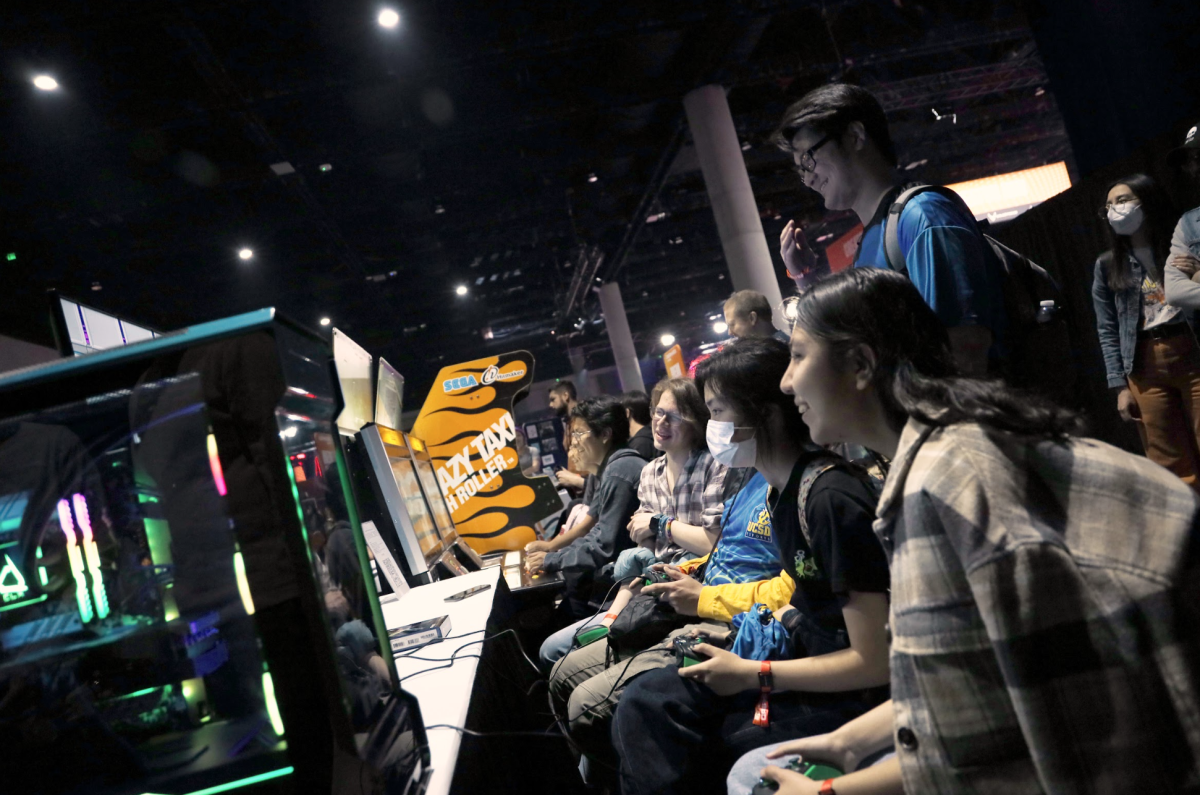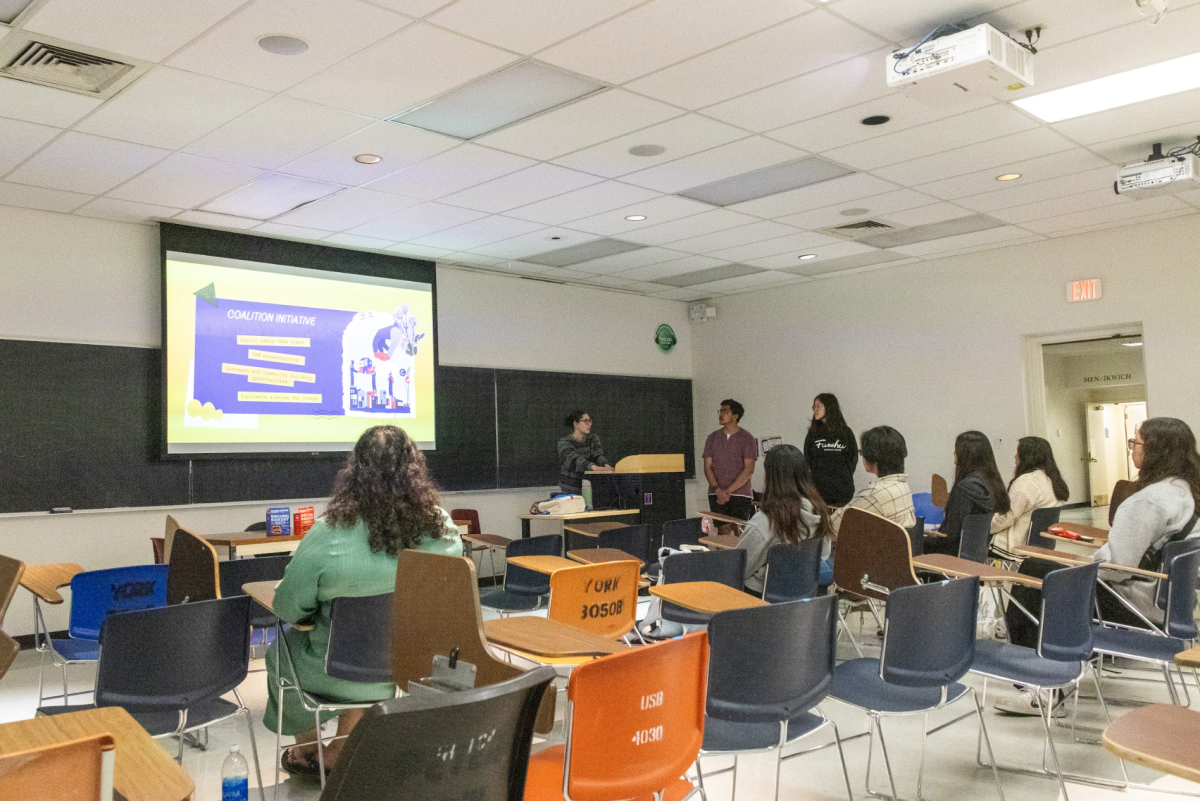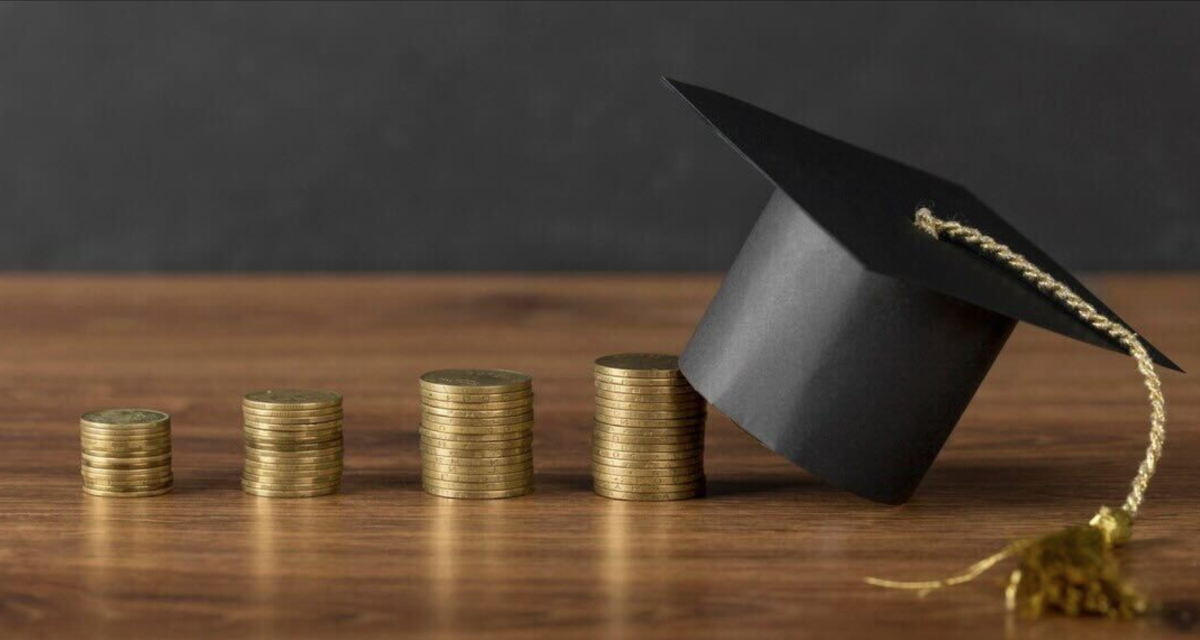The unfortunate result, according to Cebrian, is that it isn’t the mediocre students, but the students whose classmates think they’re mediocre, who are most likely to do badly, flunk or drop out of class.
The problem is particularly bad at UCSD, where 900 undergraduates drop out every year due to poor academic performance. Edgardo Castro, a sophomore computer science major, said that while he isn’t going to drop out just yet, his GPA has dropped dramatically since his freshman year. Last year, it was around a 3.0; now, it hovers around 1.9.
“Group study really helped with my freshman classes,” Castro said. “But I’ve gotten a lot busier. Last quarter screwed me over. I didn’t study regularly; I didn’t participate in class. I didn’t know what I was doing, and it was obvious.”
Castro said he views the problem as a vicious cycle: The busier he is with extracurricular activities, the further behind he is likely to fall on class work.
“And people only want to study with you if you know your stuff,” Castro said. “But you’ve got to start somewhere. I study more with my apartment now. None of us are straight-A students, but we are trying to turn things around.”
Vicky Hwang, who has served as a teaching assistant for three undergraduate classes at UCSD, said that she has observed high-achieving cliques in every class she has taught.
“There’s a stereotype of smart kids being loners,” Hwang said. “But in my years as a TA, I’ve noticed that the most successful students usually sit at the front of a class, enmeshed in a big group of friends. They show up to section together. They answer questions. They’re in a group, so they’re more comfortable taking risks and participating.”
Joshua Yang is a sophomore studying bioengineering — widely considered one of the most difficult majors at UCSD. However, Yang has a 4.0 GPA and has already received over three years of course credit in his short time at the university. The key, he said, is synergy.
“I always make sure I’m in a study group for my classes,” he said. “The class I’m studying for right now, systems biology, has a Facebook group that I’m in. We don’t exclude lower-achieving students, but I’d say the entire top tenth of the class is in that group. The two people who got the top score on the midterm are in it. We don’t exclude people, necessarily, but we don’t go out of our way to study with mediocre students, whereas we do for the smarter ones.”
Yang said that he has refused to study with students he thought were less competent.
“Many times, it’s their own fault,” he said. “They’ll have procrastinated. If I’ve already done my work and learned the material, I’m already ahead of you; I don’t have time to sit with you and watch you try to catch up. It may seem harsh, but I’m busy. I have things to do.”
Yang said that study sessions, organized by groups of fellow high-achievers in his classes, have been key to his academic success at UCSD.
“Group studying with people who know what they’re doing is great, because it’s the only way I’ll study consistently in advance,” Yang said. “It’s so much more motivating — mutual suffering, right?”







